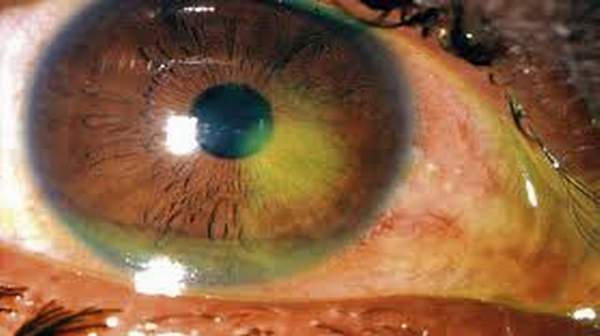What's in this article?
Epilepsy Overview
Epilepsy is a group of related disorders characterized by a tendency for recurrent seizures. There are different types of epilepsy and seizures. Epilepsy drugs are prescribed to control seizures, and rarely surgery is necessary if medications are ineffective.
Symptoms of Epilepsy
Because epilepsy is caused by abnormal activity in brain cells, seizures can affect any process your brain coordinates. Seizure signs and symptoms may include:
- Temporary confusion
- A staring spell
- Uncontrollable jerking movements of the arms and legs
- Loss of consciousness or awareness
- Psychic symptoms
Symptoms vary depending on the type of seizure. In most cases, a person with epilepsy will tend to have the same type of seizure each time, so the symptoms will be similar from episode to episode.
Doctors generally classify seizures as either focal or generalized, based on how the abnormal brain activity begins.
What is the prognosis of Epilepsy?
While epilepsy cannot be cured, for some people the seizures can be controlled with medication, diet, devices, and/or surgery. Most seizures do not cause brain damage, but ongoing uncontrolled seizures may cause brain damage. It is not uncommon for people with epilepsy, especially children, to develop behavioral and emotional problems in conjunction with seizures. Issues may also arise as a result of the stigma attached to having epilepsy, which can led to embarrassment and frustration or bullying, teasing, or avoidance in school and other social settings. For many people with epilepsy, the risk of seizures restricts their independence (some states refuse drivers licenses to people with epilepsy) and recreational activities.
Epilepsy can be a life-threatening condition. Some people with epilepsy are at special risk for abnormally prolonged seizures or sudden unexplained death in epilepsy.
Causes of epilepsy
In over half of epilepsy cases, a cause cannot be found. If there is an identifiable cause, it usually involves the brain being affected by a condition.
The brain is a delicate mix of nerve cells, electrical impulses and chemicals, known as neurotransmitters. Any damage has the potential to disrupt the workings of the brain and cause seizures.
There are two main categories of epilepsy:
- idiopathic (or primary) epilepsy – where no apparent cause for epilepsy can be found, but there may be a family history, suggesting that the condition is inherited
- symptomatic (or secondary) epilepsy – where there is a known cause for a person’s epilepsy
How Can Epilepsy Be Treated?
Accurate diagnosis of the type of epilepsy a person has is crucial for finding an effective treatment. There are many different ways to treat epilepsy. Currently available treatments can control seizures at least some of the time in about 80 percent of people with epilepsy. However, another 20 percent, about 600,000 people with epilepsy in the United States, have intractable seizures, and another 400,000 feel they get inadequate relief from available treatments. These statistics make it clear that improved treatments are desperately needed.
Doctors who treat epilepsy come from many different fields of medicine. They include neurologists, pediatricians, pediatric neurologists, internists, and family physicians, as well as neurosurgeons and doctors called epileptologists who specialize in treating epilepsy. People who need specialized or intensive care for epilepsy may be treated at large medical centers and neurology clinics at hospitals or by neurologists in private practice. Many epilepsy treatment centers are associated with university hospitals that perform research in addition to providing medical care.
Once epilepsy is diagnosed, it is important to begin treatment as soon as possible. Research suggests that medication and other treatments may be less successful in treating epilepsy once seizures and their consequences become established.





